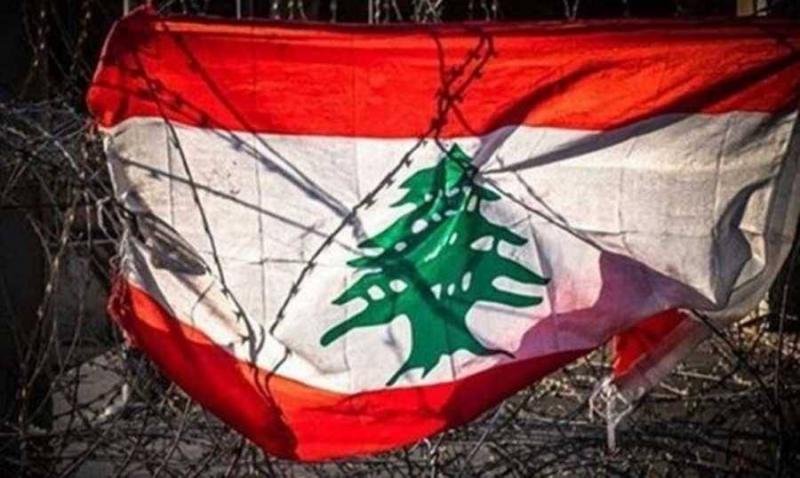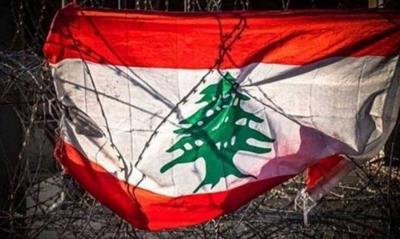Lebanon is experiencing a race between internal and external developments. Internally, crises are worsening on various fronts, from the continuous collapse of the Lebanese lira to European investigations into financial files, alongside an ongoing political crisis manifesting in the stalemate over the election of a new president. Externally, there is regional activity that Lebanon could benefit from, should it lead to positive outcomes and the influence on the Lebanese arena is understood. This activity is establishing a settlement in Yemen and closeness between Iraq and Gulf countries, in addition to clear Iranian statements about readiness to engage in dialogue with Saudi Arabia and reach conclusions, contrasted by statements from Saudi Foreign Minister Faisal bin Farhan about communicating with Iran and finding a formula that leads to understandings.
Regarding the internal situation, there is a race between explosion and the possibility of averting it based on external factors that impose a specific settlement, according to "Al-Modon". All conditions for social explosion are advancing, from the ongoing financial and economic crisis to European judicial involvement in the investigations related to the port explosion and financial files, which means considering the Lebanese state unqualified to handle these matters. Here, the divisions among political forces over the port explosion investigations do not separate from the divisions between the victims' families and the families of detainees. On the other side, political tension reaches its peak and takes on a sectarian nature this time, through the growing discussions about federalism or expanded financial and administrative decentralization, or searching for another system if Hezbollah succeeds in bringing its candidate to the presidency.
Such conflicting positions could explode in any form if the stalemate persists and escalation continues. Thus, according to "Al-Modon", Lebanon has no choice but to await what may come from abroad, amid hopes for progress or further de-escalation between Tehran and Riyadh, especially given Tehran's anticipation of Western escalation against it. Therefore, it wants to organize its relationship with Gulf countries. In this context, sources indicate that Iranian Foreign Minister Hossein Amir Abdollahian's positions have been clear. Simultaneously, the Lebanese hopes for the Paris meeting continue, whether it will address political files alongside humanitarian aid issues. In this regard, a statement from the French ambassador to Beirut, Anne Grillo, emerged following her meeting with Prime Minister Najib Mikati, in which she said: "I met with President Mikati as part of my usual meetings with him, and I informed him about the discussions I held in Paris regarding Lebanon with French President Emmanuel Macron. We also addressed the political and institutional situations in the country. I emphasized the necessity of the functioning of all institutions, including the election of a president and the need for a government capable of resolving all the issues that the Lebanese seek answers to." In response to a question about French consultations with the United States and Saudi Arabia regarding the presidential election, she said: "France is working with all partners on this issue."




